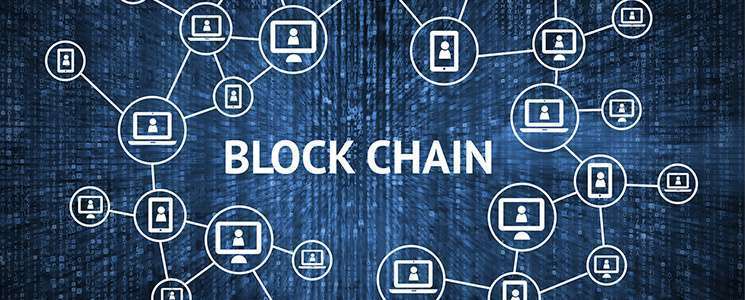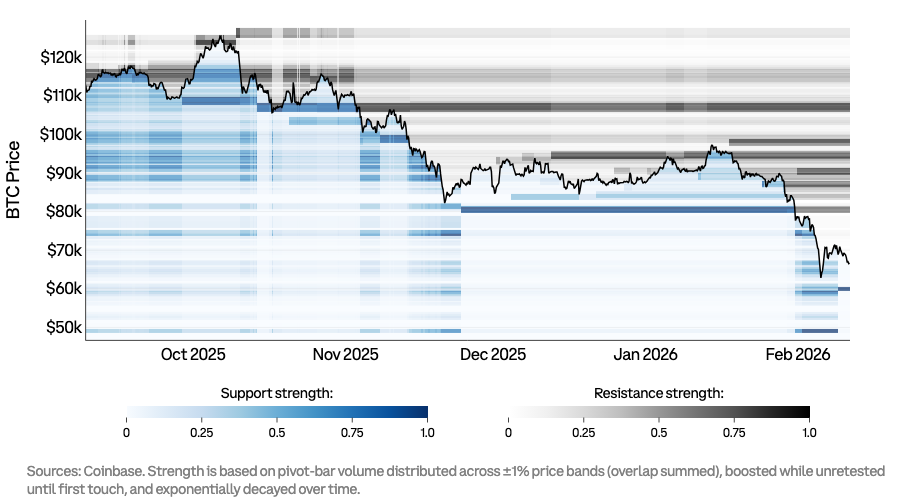
How Blockchain-Powered AI Offers Multiple Options For Data Control
In the Blockchain Futurist Conference in Toronto, the panelists converged on the topic of artificial intelligence (AI) and blockchain as a disruptive factor in modern people’s lives. Artificial Intelligence or AI as its centralized architecture has often been a matter of discussion and concern. Blockchain has emerged as one of the most favorable partners for AI since it will decentralize the existing centralized model of blockchain. Modern AI-based systems are interconnected with critical data along with our actions. The number of large corporations controlling the data is getting smaller day by day. Decentralized platforms powered by blockchain networks can play a very important role in storing this information and control AI. Image Credit: https://www.ibaset.com/
Artificial Intelligence in its true format can be classified between narrow AI and general AI. For Artificial Intelligence Systems which work on specific and minor tasks. They are trained and modulated to function like these. However, the main concern lies when large corporations are controlling AI more extensively. This will impose a quantum of conditions and a significant amount of influence when the concern is regarding the behavior of AI.
Although generic AI has not achieved as of now; it would be one of the biggest achievements when it comes to revolutionizing AI. One can only imagine the power of generic AI which would have a wide spectrum when it comes to understanding human behavior. It would take the standard of AI to the next level!
Blockchain in itself is a very organized decentralized platform that would reduce the friction of data with AI behavior. The extensive architecture of blockchain would enable better data control in AI-powered platforms by:
- Greater distribution power: Since data in a blockchain is stored in nodes, the entire data is not stored centrally. Rather this decentralized format gives enough breathing space to the data sets with complete protection and scalability. The nodes hold a complete copy of the hyper ledger which implies that there would be no loss of data owing to a single or multi-node failure.
- Tracking Power: With blockchain, data tracking becomes more extensive helping AI to function faster and perform tasks with greater accuracy. Thus loopholes in the data sets can be easily identified with the assistance of a blockchain network.
- Better Traceability: With world-class tracking, the major attribute of blockchain empowers the participants within the blockchain network to trace its transactions back to their origin! Yes, since all transactions of a blockchain system are time-stamped with the details, one can easily trace the pathway of a transaction to the point where it was first transacted. Such value-added propositions have added tremendous value to diamond supply chains. Trust networks based on blockchain have been built which have added significant value to the existing supply chains. Over a period of time, blockchain is expected to power the entire diamond trading system.
- Smart contracts: The smart contracts are transactions that are designed to auto-execute when the right set of criteria is met. Likewise, it is also important to understand that smart contracts filter out unwanted parties to participate in a given transaction. This is the most important aspect of blockchain-based transactions. These transactions get validated only when the necessary conditions are satisfied. However, there are other concerns that also need to be addressed while talking about blockchain-based data control. Within the ecosystem of distributed ledgers, no data can be lost or remain untraced and untracked!
- Minimal usage of paper works: The minimal use of paper works or rather the complete elimination of paperwork usage within the blockchain network. Storage and saving of data become a very cumbersome task when it has to be done manually. Blockchain removes the pain areas of several industries especially when it comes to the storage of data.
Considering the merits of blockchain, on the whole, it is a platform that will expedite the data syncing process. Plus, it would also ensure better security for the same in ecosystems that might be compromised.


